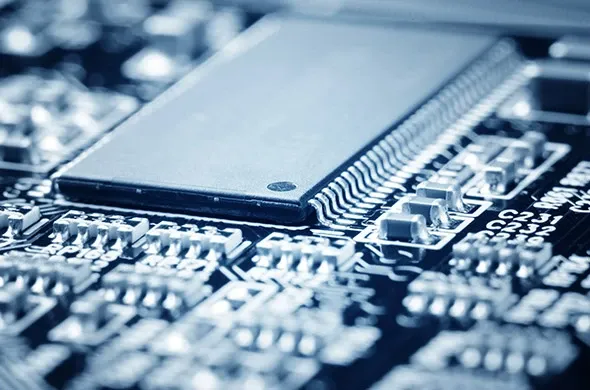Intel Builds the World’s Largest Neuromorphic System
Intel has built the world's largest neuromorphic system code-named Hala Point.

STMicroelectronics is developing chips that can tackle features like night vision, micro-mapping and 360-degree detection, in a bid to meet demand from car manufacturers racing to build driverless autos, according to Bloomberg.
The autonomous driving sector is already a crowded one, from Alphabet’s Waymo to General Motors. Still, there are pieces of technology missing before cars reach the most sophisticated form of autonomy, referred to as level 5, and fully drive themselves.
"All the carmakers are so interested in having this, but clearly it requires a lot of safety, a lot of sensors," STMicroelectronics’ head of automotive, Marco Monti, said in an interview at Mobile World Congress. The chipmaker unveiled a high-resolution thermal camera last week, in collaboration with Israel-based startup AdaSky. It’s also upgrading its geolocalization chips to zoom in further on a car’s exact position, and launched a satellite-navigation receiver that has reached a margin of error within 10 centimeters.
With the likes of Bosch and Continental as customers, STMicroelectronics gets about a third of its sales from putting semiconductors into cars. It’s up against rivals from Germany-based Infineon to NXP Semiconductors and Intel in making a push to cater to carmakers.
The more sophisticated a vehicle, the more money chipmakers make off of it. There’s $1,243 of silicon content in a fully or nearly fully autonomous vehicle, which is about four times the average car today, according to data shown by STMicroelectronics at MWC.